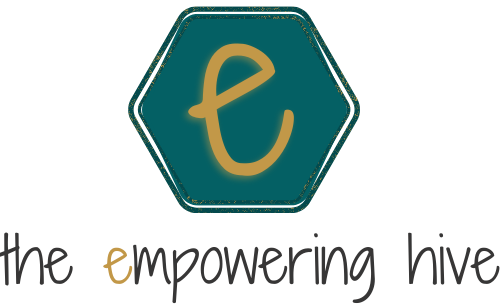3 things you can do to stop feeling tired and start acting now
Big ideas, long to‑do lists, zero energy? You’re not broken—you’re overloaded. This article keeps it simple: understand what’s happening, then apply three straightforward moves you already know (energy, lists, small steps). No hacks. Just clear, kind action you can start today.
You’re not alone (and you’re not lazy)
There’s the constant hum of obligations, the “someday project” that never quite begins, and the uneasy gap between imagination and reality. Under chronic stress, many people freeze in front of big decisions or critical moments. The mind plays tricks: it rehearses the worst, inflates the work, and whispers that you won’t cope. Pressure builds. Tiredness deepens. Confusion grows. Inaction follows—and with it, guilt and disappointment that eclipse motivation.
If that sounds familiar, take a breath. The way out is not to push harder; it’s to remove friction and restore momentum. Below are three practices you already know, in a clearer order, with just enough structure to get you moving again—without adding new techniques.
1) Learn to administrate your energy
The first step is to seek inspiration to spark motivation. Surround yourself with activities, places, and people that lift you. When you do, you absorb the kind of vitality that nudges you to take initiative. The opposite is also true: spending time on things and relationships that drain you compounds fatigue.
Other simple ways to increase energy:
Good rest. Protect sleep and short, genuine breaks.
Moderate exposure to the sun. Natural light helps your body clock.
A healthy diet. Favour food that sustains rather than spikes.
Physical activity. Move in ways you actually enjoy.
Breathing exercises and meditation. A few calm breaths or a brief sit can settle the system.
None of this is about perfection. It’s about noticing what fuels you and doing more of that—consistently enough for your energy to stabilise. From steadier energy, action feels possible again.
Gentle support (optional): If you like having a guide, my book Master Stress offers practical ways to protect energy and reduce overwhelm. If emotions are a key drain, a Bach Flower consultation can help you feel more balanced.
2) Make your to‑do lists
It might sound simple, but writing your duties, activities, and tasks clears mental clutter. Once things are on paper (or in a notes app), you free up space and see what you’re actually dealing with. Many people discover the list is shorter—and less intense—than the mind suggested. That realisation alone reduces overwhelm and saves energy.
Keep it friendly:
Write everything that’s floating in your head.
Group naturally related items if it helps you see the shape of the work.
Choose what feels doable today—no heroics required.
A list is just a map. It reduces the fog so you can take the next sensible step without wrestling your brain for details.
Prefer structure with accountability? Coaching can help you turn lists into movement without micromanaging your day. Learn more here.
3) Start with small steps
If your goal is big and it scares you—or you don’t know where to start—try what’s often called Massive Imperfect Action. Even if you only take a few small steps at a time, begin with what feels most comfortable. With that single move, you’re already closer to your objective and the wheel starts to overcome inertia. Once you’re in motion, it’s much easier to see which direction to take next.
The point isn’t to control everything in advance. It’s to begin, learn, and adjust. Do it massive (as in: keep going) and imperfect (as in: stop waiting to have it all figured out). There will be plenty of time to correct the course later.
A few reminders while you begin:
You don’t need permission to start.
You don’t need to feel 100% ready to take the first step.
One honest action beats ten hypothetical plans.
Want help finding the first small step? Book a free 30‑minute call and we’ll map a starting point that matches your energy.
Closing the loop (tell your nervous system it worked)
After you apply these three moves—protect your energy, list your tasks, take the smallest step—acknowledge what you did. This simple recognition teaches your mind and body that action is safe and effective. Momentum grows from proof, not pressure.
If these ideas helped and you tried them, share your experience in the comments. Your story might be the nudge someone else needs to begin. You’re also welcome to add your own tips—sometimes the simplest thing you do is exactly what another person was waiting to hear.
If you’d like support
You don’t have to do this alone. The Empowering Hive offers gentle structure so you can move from stuck to steady.
Coaching: clarify goals, reduce friction, and build momentum
Holistic therapies & Bach Flowers: emotional balance to support action
Master Stress (e-book): practical strategies to reduce overwhelm (free with Kindle Unlimited).


